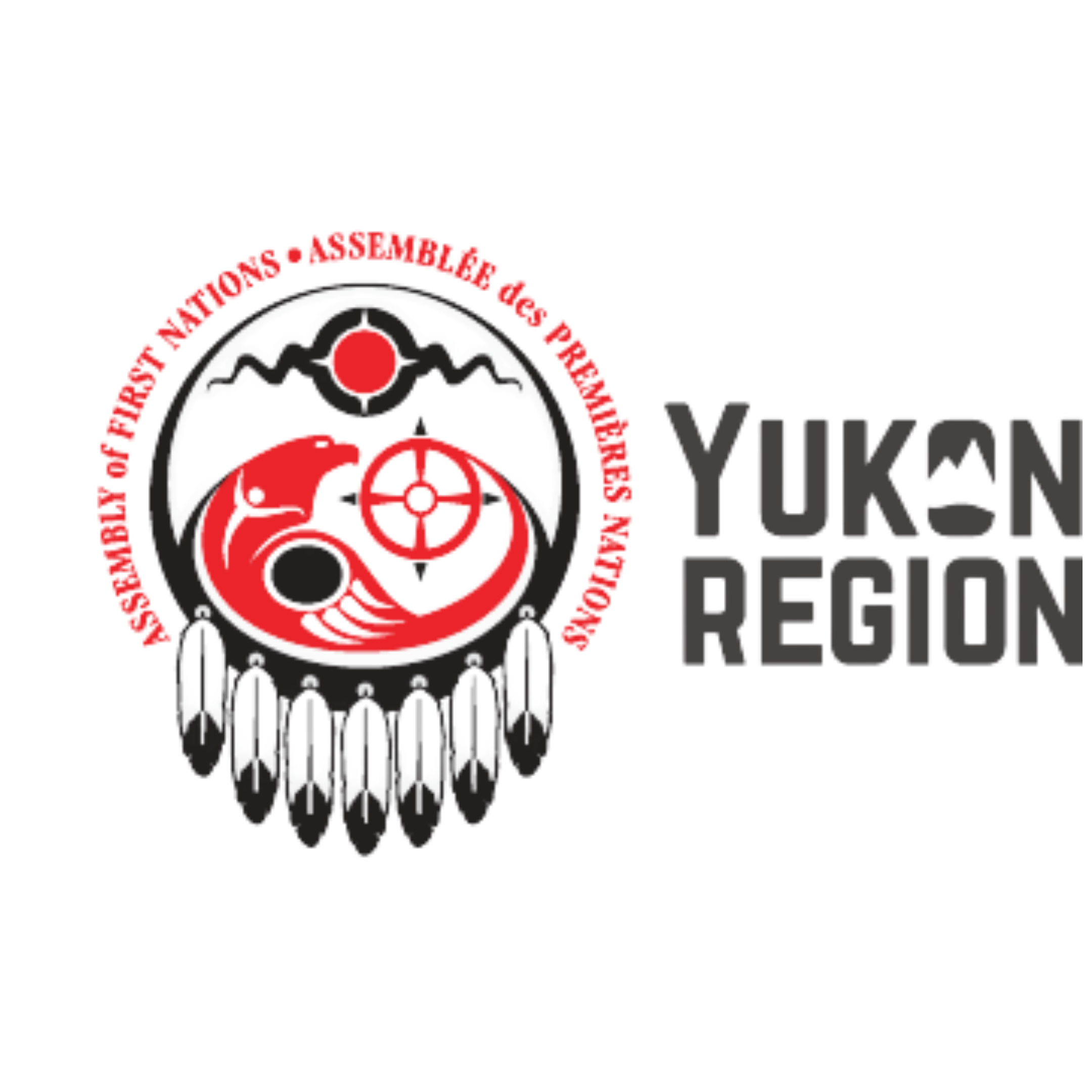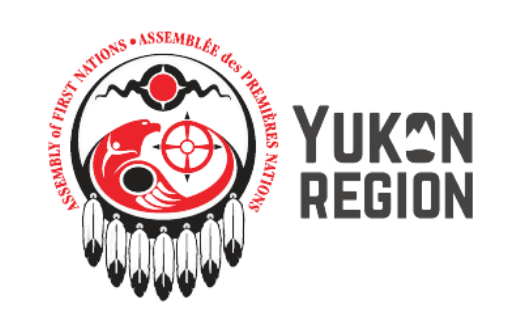
2022 Yukon First Nation Engagement on Long-Term Reform of Child and Family Services and Jordan’s Principle
The national AFN is one of the parties negotiating a settlement agreement with Canada on long-term reform of CFS and JP policies, funding, and programs. In late 2022, they sought feedback from First Nations to inform their ongoing negotiations. As part of these efforts, our AFN Yukon office partnered with CYFN to engage Yukon First Nations on long-term reform and develop recommendations based on what we heard. Throughout these engagements, we heard clearly from Yukon First Nation representatives that more time and resources were needed to fully consider what reform of these systems, programs, and services look like for the region.
The information below summarizes the recommendations we gave the AFN based on reform measures that are being considered at a national level. Read the full report here.
Recommendation #1: A funding model that correlates to Yukon First Nation governance has not yet been envisioned. There must be a clause in the final settlement agreement that allows for distinct negotiations around implementation in the Yukon. This ensures that Yukon First Nations governments and Yukon First Nation organizations are the lead in implementing long-term reform, and the primary beneficiaries of the enhanced funding allocations.
Recommendation #2: Funding models used in negotiations to date are based on agencies with existing service infrastructure and do not contemplate the costs associated with developing a child and family services program from scratch. A funding stream to support establishment costs should be negotiated within any final settlement agreement.
Recommendation #3: As negotiations continue, we strongly encourage the national AFN to work closely with Yukon First Nations and their implementation negotiators, CYFN, in addition to Canada, to ensure all First Nations living in Yukon are accurately represented through the negotiations, and child and family services funding allocations are accurately understood by all parties.
Recommendation #4: A goal for long-term reform should be ensuring that all First Nations people in Canada have access to equitable programs and services, regardless of the size of their Nation or where they choose to live. Even though ISFD is considering urban requirements in future research phases, any final agreement on long-term reform should include a commitment to expand future funding to equitably support all First Nations in Canada. Many families and children receive supports from both their First Nation and urban agencies. Funding programs should recognize these as complimentary supports, not competitive ones.
Recommendation #5: The Government of Canada needs to provide, in writing, confirmation that baseline funding for FNCFS and Jordan’s Principle has been permanently allocated. Funding may be adjusted upward to reflect inflation and population growth, etc., but block funding will be made available to qualifying First Nations indefinitely.
Recommendation #6: For Yukon First Nations and Yukon First Nation organizations to benefit from increased, baseline, funding, the distribution model must change to reflect the regional context in the Yukon.
Recommendation #7: Yukon First Nations and Yukon First Nations organizations would benefit from more time to engage in discussions around long-term reform to properly develop programs, and build capacity to implement programming.
Recommendation #8: Jordan’s Principle should be expanded to include young adults eligible for PMSS.
Recommendation #9: To ensure every youth transitioning from care back to their community is supported, a long-term plan to engage Yukon First Nations in providing or co-providing PMSS should be developed as a natural continuum to investments in Honouring Connections.
Recommendation #10: Confirm that First Nation Representative Services funding can be used for any priority allocation Yukon First Nations require.
Recommendation #11: Consider additional funding for small communities to ensure representative services can be provided based on need, not population alone.
Recommendation #12: Create a prevention funding methodology that ensures Yukon First Nations and Yukon First Nations organizations have the capacity and infrastructure to gather and report information about the wellbeing of children and families in their community.
Recommendation #13: Account for the high cost of IT and connectivity in the Yukon in the funding methodology.
Recommendation #14: The emergency funding methodology should reflect the costs and realities of responding to crises in the Yukon (travel, accommodations, multiple partners, etc.). It should also reflect the lack of services, and service providers, available within the territory and its communities. Funding to develop supports and build capacity to respond to emergencies is required.
Recommendation #15: Irrespective of how funding is allocated, it must reflect the significantly higher cost of living in the Yukon, and the significant cost difference between living in Whitehorse and other Yukon communities. Yukon has several communities where the only source of groceries is a few aisles of food stuff attached to a gas station seasonally, or when staff are available to open it. Some communities do not even have that resource.
Recommendation #16: A funding methodology that properly addresses increased costs associated with program delivery and the cost of living in the Yukon must be developed. Top-ups related to remoteness must go to support programs and services led by Yukon First Nations and Yukon First Nation organizations, not the current FNCFS provider (Yukon Government). The methodology should include funding for drivers to support families in, and between, their communities and Whitehorse.
Recommendation #17: A funding mechanism that supports Yukon First Nations and Yukon First Nation organizations in accessing funds to purchase and build, maintain and replace, capital assets is essential for supporting a comprehensive, culturally vibrant, wellness approach. It is critical for any capital funding approach to be inclusive and holistic. It cannot be seen through the strict lens of office space, supervised visit space, and group homes (as examples).
Recommendation #18: First Nations should not have to justify the long-term effect of residential schools, the 60s scoop, multi-generational trauma, poverty, and/or racist policies for every application. The underlying causes for inequality should be agreed to and inherently understood by all parties.
Recommendation #19: The reasoning why access to First Nations culture and language, or culturally appropriate services, qualifies for Jordan’s Principle support should be inherently understood without extensive justification.
Recommendation #20: Jordan’s Principle should be expanded to include support to First Nation youth aging out of care, as well as those who require ongoing supportive living.
Recommendation #21: Capital requests should be funded quickly, efficiently, and in the spirit and intent of prevention-based programs and services as defined by First Nations and First Nations organizations, and as envisioned in the CHRT Order.
Recommendation #22: Yukon First Nations require further education and awareness of Jordan’s Principle to help them understand how Jordan’s Principle is currently being used by individual Yukon First Nations and across the country. If Yukon First Nations assume greater control of the Principle, its mandate, supports, policies, and parameters would be needed to ensure the transition has a positive impact on Yukon First Nations.
Recommendation #23: Reform of Indigenous Services Canada is necessary, and Yukon First Nations want to have an active voice in the reform to ensure the changes meet the needs of Yukon First Nations.
Recommendation #24: Any dispute resolution process must have the authority to implement, enforce, and prevent the recurrence of funding-based discrimination and narrow implementations of the reforms. At the conclusion of a Final Settlement Agreement on Long-Term Reform, the mechanisms that exist through CHRT Orders that hold Canada accountable will no longer exist. Given the significant challenges remaining with fully implementing Jordan’s Principle (especially with capital requests) while existing CHRT orders are in place, any new accountability mechanism and dispute resolution process must have substantial powers to enforce its decisions.
Recommendation #25: Accountability mechanisms must be in place to hold not just Canada to account but also Yukon Government, who currently retains authority over all of Yukon’s Child and Family Services FNCFS program.
Recommendation #26: Any national entity should be supported by regional entities. This would ensure workshops, learning opportunities, training and program development support is applicable, culturally appropriate and reflective of local needs and realities. Any Secretariat or Centre of Excellence must include expertise on the Yukon context, including its geography, demographics, and its unique governance structure.


